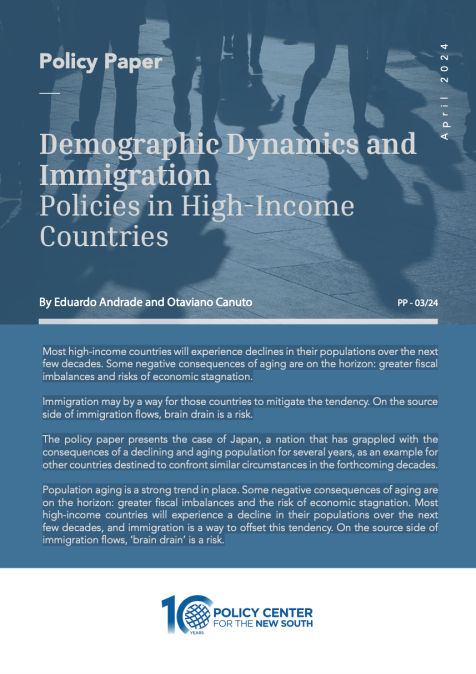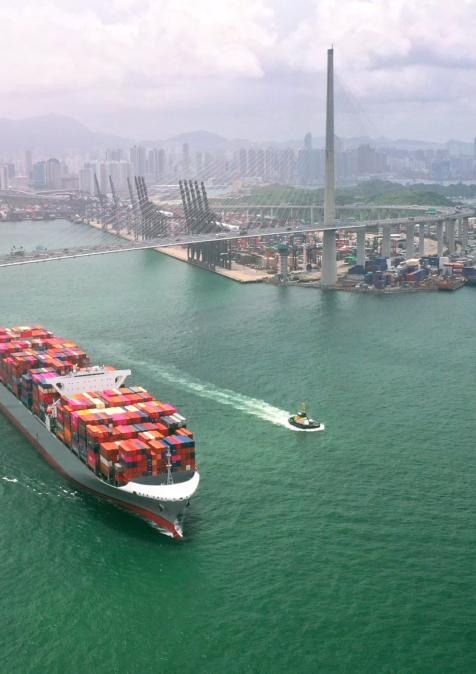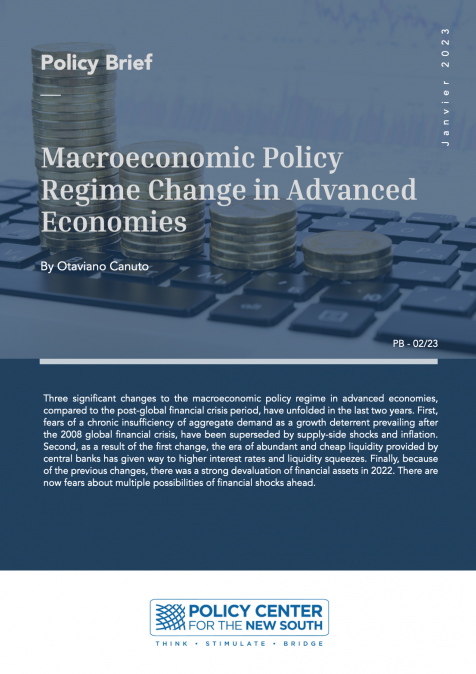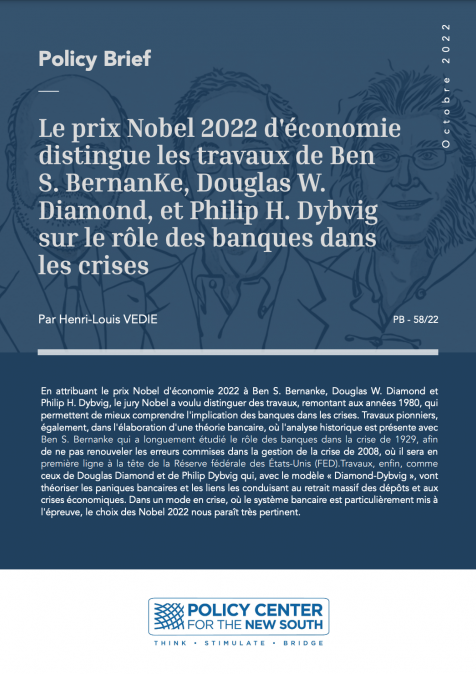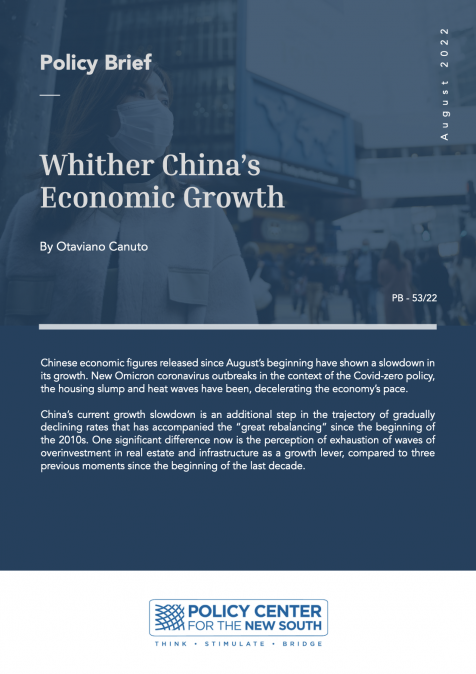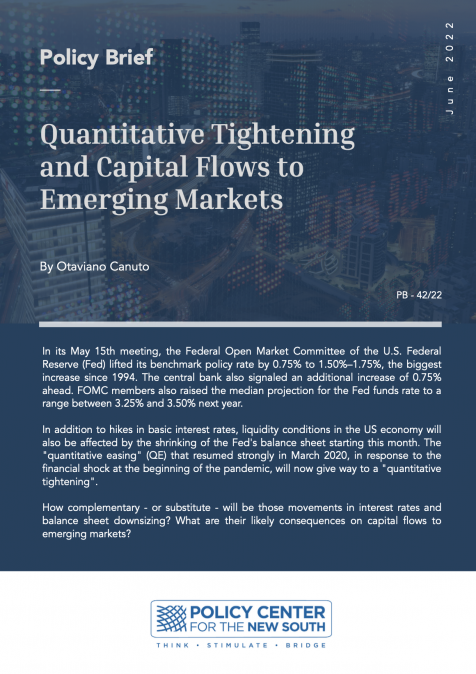
July 12, 2024
Bientôt disponible en vente sur livremoi.
The 2024 Annual Report on the African Economy is dedicated to monetary and financial issues on the Continent. There are three reasons for this choice.
African economies are exposed to macro-financial instabilities partly generated by global monetary and financial turbulence.
The Continent’s currencies and financial systems are engaged in very different dynamics, where routine methods and daring, if not risky, practices coexist.
The q ...

